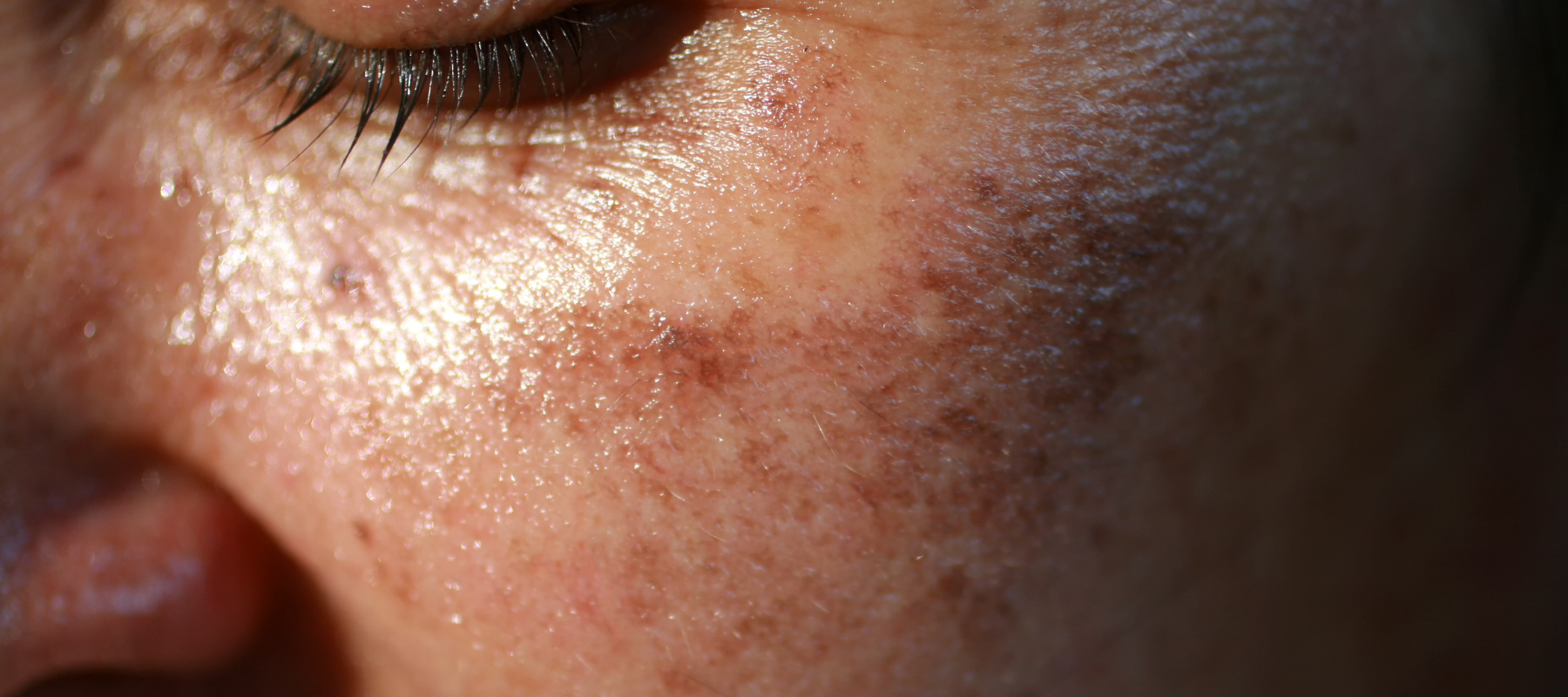
Dark Spots on Skin: Understanding the Causes and How to Get Rid of Them
- Causes of Dark Spots on Skin
- How to Get Rid of Dark Spots on Skin
- Protect Your Skin from the Sun
- Use Topical Treatments
- Exfoliate Regularly
- Seek Professional Guidance
- Over-the-Counter Treatments for Dark Spots on Skin
- Professional Treatments for Dark Spots on Skin
- Prevention Strategies for Dark Spots on Skin
- Conclusion
Dark spots on the skin, also known as hyperpigmentation, can be a common concern for many individuals. These spots, which are darker than the surrounding skin, can appear on various parts of the body, including the face, hands, and arms. In this informative guide, we will delve into the causes of dark spots, explore effective methods to get rid of them, discuss over-the-counter (OTC) treatments, professional treatments, and provide prevention strategies to maintain a clear and even complexion.
Causes of Dark Spots on Skin
- Sun Exposure: Prolonged and unprotected exposure to the sun's harmful UV rays can trigger the production of melanin, leading to the development of dark spots. This is commonly referred to as sunspots or age spots.
- Post-Inflammatory Hyperpigmentation (PIH): Skin inflammation caused by acne, wounds, or other skin conditions can result in PIH. This occurs when melanin production is stimulated during the healing process, leading to the formation of dark spots.
- Hormonal Changes: Hormonal fluctuations during pregnancy (melasma), menopause, or while taking hormonal medications can contribute to the development of dark spots. These spots are often referred to as melasma or chloasma.
- Skin Trauma: Any trauma to the skin, such as cuts, burns, or friction, can trigger the production of excess melanin, resulting in the formation of dark spots during the healing process.
How to Get Rid of Dark Spots on Skin
While it may not be possible to completely eliminate dark spots, there are effective methods to reduce their appearance and achieve a more even complexion. Here is a step-by-step guide:
Protect Your Skin from the Sun
Sun protection is crucial in preventing the formation of new dark spots and worsening existing ones. Use a broad-spectrum sunscreen with an SPF of 30 or higher, and reapply every two hours when exposed to the sun.
The Pink Foundry's Mineral Matte Tinted Sunscreen is a versatile and effective skincare product designed to shield your skin from Broad Spectrum UVA and UVB rays with its SPF 30 protection. This sunscreen combines the power of natural minerals, Zinc Oxide and Titanium Dioxide, known for their ability to provide broad-spectrum sun protection by reflecting harmful rays away from the skin.
Use Topical Treatments
Numerous topical treatments can help reduce dark spots over time. Look for products that contain components like hydroquinone, retinoids, vitamin C, kojic acid, or niacinamide. Follow the instructions provided and be consistent in your application.
The Pink Foundry's Dark Spot & Hyperpigmentation Correcting Power Serum is a powerful skincare solution that combines a unique blend of eight active ingredients, with hero components like Tranexamic Acid, Niacinamide, Alpha Arbutin, and Vitamin C. This innovative serum is meticulously formulated to target and reduce the appearance of dark marks, enhance skin brightness, and minimize the recurrence of discoloration with continued use.
Exfoliate Regularly
Exfoliation helps pull out the outer layer of dead skin cells, allowing new and fresh skin to emerge. This can help fade dark spots over time. Use gentle chemical exfoliants like AHAs (alpha hydroxy acids) or BHAs (beta hydroxy acids) to avoid irritation.
The Pink Foundry's Overnight Exfoliating AHA BHA Radiance Mask is a skincare marvel that combines a potent blend of key ingredients to deliver remarkable results while you sleep. This mask features the extraordinary power of Caviar Lime Extract AHA, Olive Fruit Extract, Encapsulated Salicylic Acid (BHA), and Australian Tasmanian Mountain Pepper.
At the heart of this mask is Caviar Lime Extract, a unique source of natural AHAs (Alpha Hydroxy Acids). In just 30 minutes, it gently exfoliates the skin, removing dead skin cells and revealing visibly softer and radiant skin, all without causing irritation.
Seek Professional Guidance
If dark spots persist or are causing significant concern, consult a dermatologist. They can provide personalized treatment options based on your specific skin type and condition. Professional treatments may include chemical peels, laser therapy, microdermabrasion, or prescription-strength topical medications.
Over-the-Counter Treatments for Dark Spots on Skin
There are several over-the-counter options available to help fade dark spots:
- Hydroquinone Creams: Hydroquinone is a widely used ingredient in OTC creams for treating hyperpigmentation. It works by inhibiting the production of melanin, reducing the appearance of dark spots over time.
- Retinol and Retinoid Creams: Retinol and retinoid creams promote cell turnover and help fade dark spots. They can improve overall skin texture and tone as well.
- Vitamin C Serums: Vitamin C serums not only provide antioxidant protection but also have skin-brightening properties. They can help reduce the appearance of dark spots and even out skin tone.
- Kojic Acid Products: Kojic acid is derived from mushrooms and is known for its skin-lightening properties. It can help fade dark spots and improve overall skin tone.
- Niacinamide Creams: Niacinamide is a form of vitamin B3 that can help reduce hyperpigmentation. It works by inhibiting the transfer of melanin to the skin cells, resulting in a more even complexion.
Professional Treatments for Dark Spots on Skin
For more severe or stubborn dark spots, professional treatments performed by a dermatologist or skincare professional may be recommended. These treatments can include:
- Chemical Peels: Chemical peels involve the application of a chemical solution to exfoliate the top layers of the skin. This process can help fade dark spots and improve overall skin texture.
- Laser Therapy: Laser treatments target dark spots with high-intensity light, breaking down the excess melanin and stimulating collagen production. This can result in a reduction of dark spots and improved skin tone.
- Microdermabrasion: Microdermabrasion uses a device to exfoliate the skin and remove the outer layer of dead skin cells. This treatment can help reduce the appearance of dark spots and promote new skin cell growth.
- Prescription-Strength Topical Medications: Dermatologists may prescribe topical medications that contain higher concentrations of active ingredients, such as hydroquinone, retinoids, or corticosteroids, to treat stubborn dark spots.
Also Read: What is a dark spot and causes of it on the face?
Prevention Strategies for Dark Spots on Skin
- Sun Protection: The best defense against dark spots is sun protection. Use sunscreen daily, wear protective clothing, and seek shade when the sun is strongest.
- Gentle Skincare Routine: Avoid harsh scrubs or aggressive skincare products that can irritate the skin and potentially lead to dark spots. Opt for gentle cleansers and exfoliants.
- Treat Skin Conditions Promptly: If you have acne or other skin conditions, seek treatment promptly to minimize the risk of post-inflammatory hyperpigmentation.
- Hormonal Balance: If you experience hormonal fluctuations or are taking hormonal medications, consult with a healthcare professional to explore options for hormonal balance and minimize the risk of hormonal dark spots.
Also read: How to remove dark spots caused by pimples
Conclusion
Dark spots on the skin can be a bothersome concern, but with proper understanding and treatment, their appearance can be significantly reduced. By protecting your skin from the sun, using topical treatments, considering OTC options, seeking professional guidance when necessary, and adopting prevention strategies, you can effectively address dark spots and achieve a more even and radiant complexion. Remember, patience and consistency are key when treating dark spots, and results may vary depending on individual factors. Embrace a comprehensive approach to skincare to maintain healthy and spot-free skin.






















































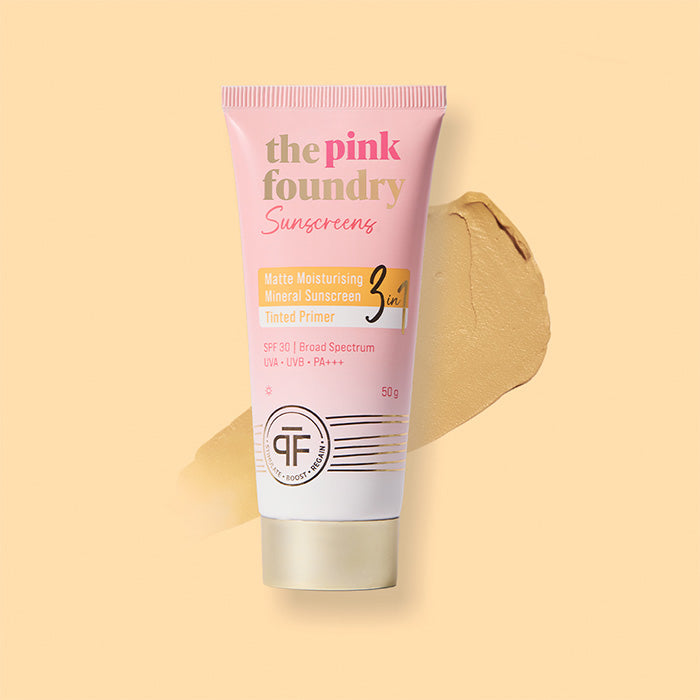
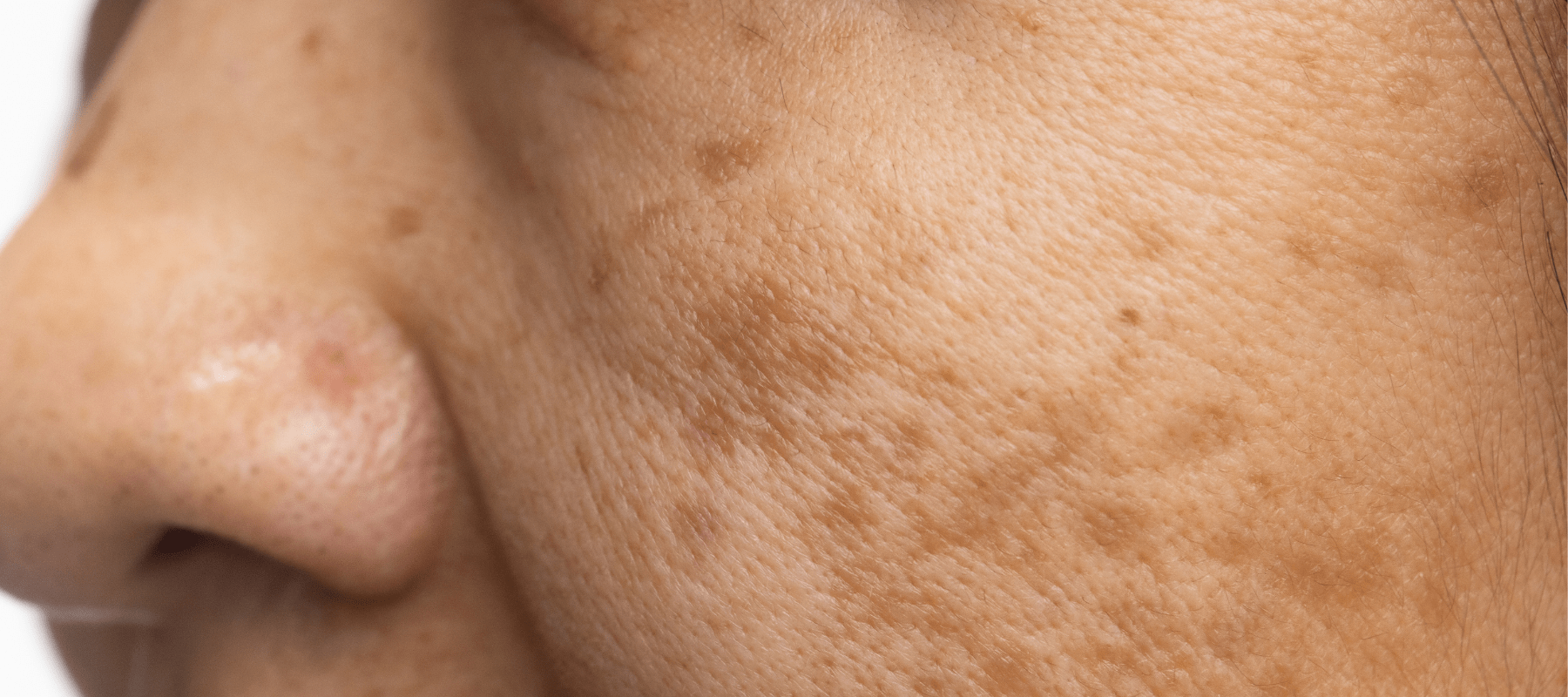

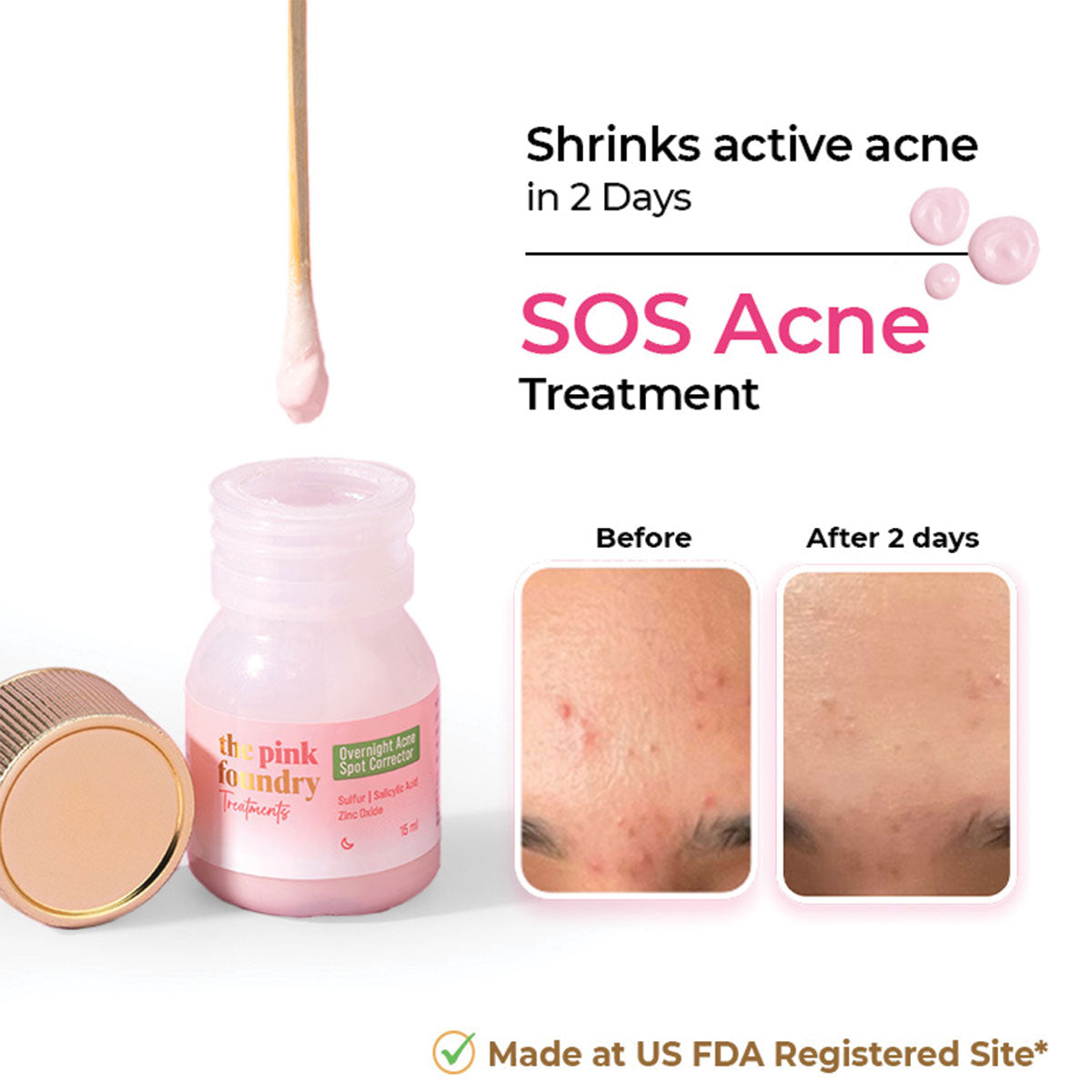
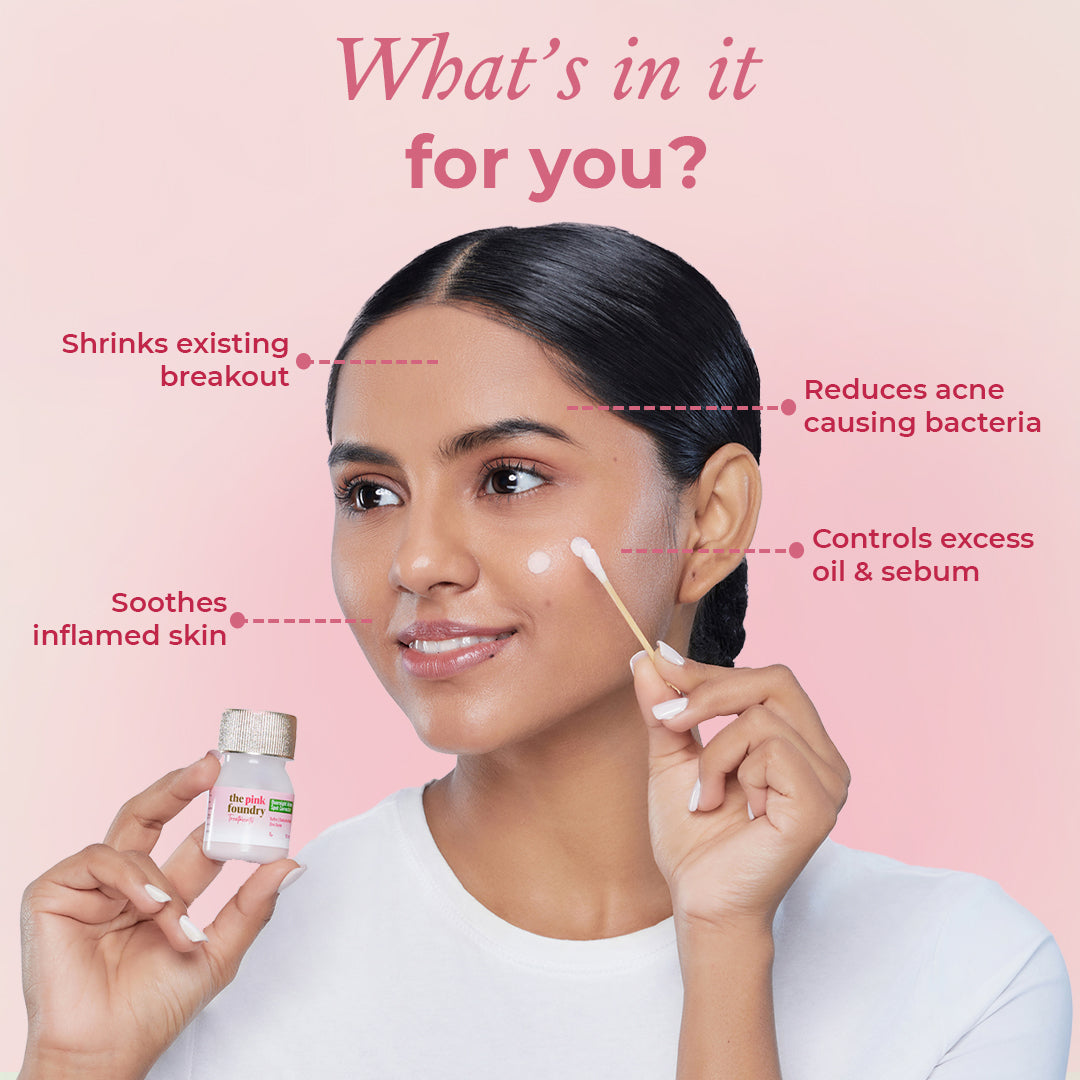


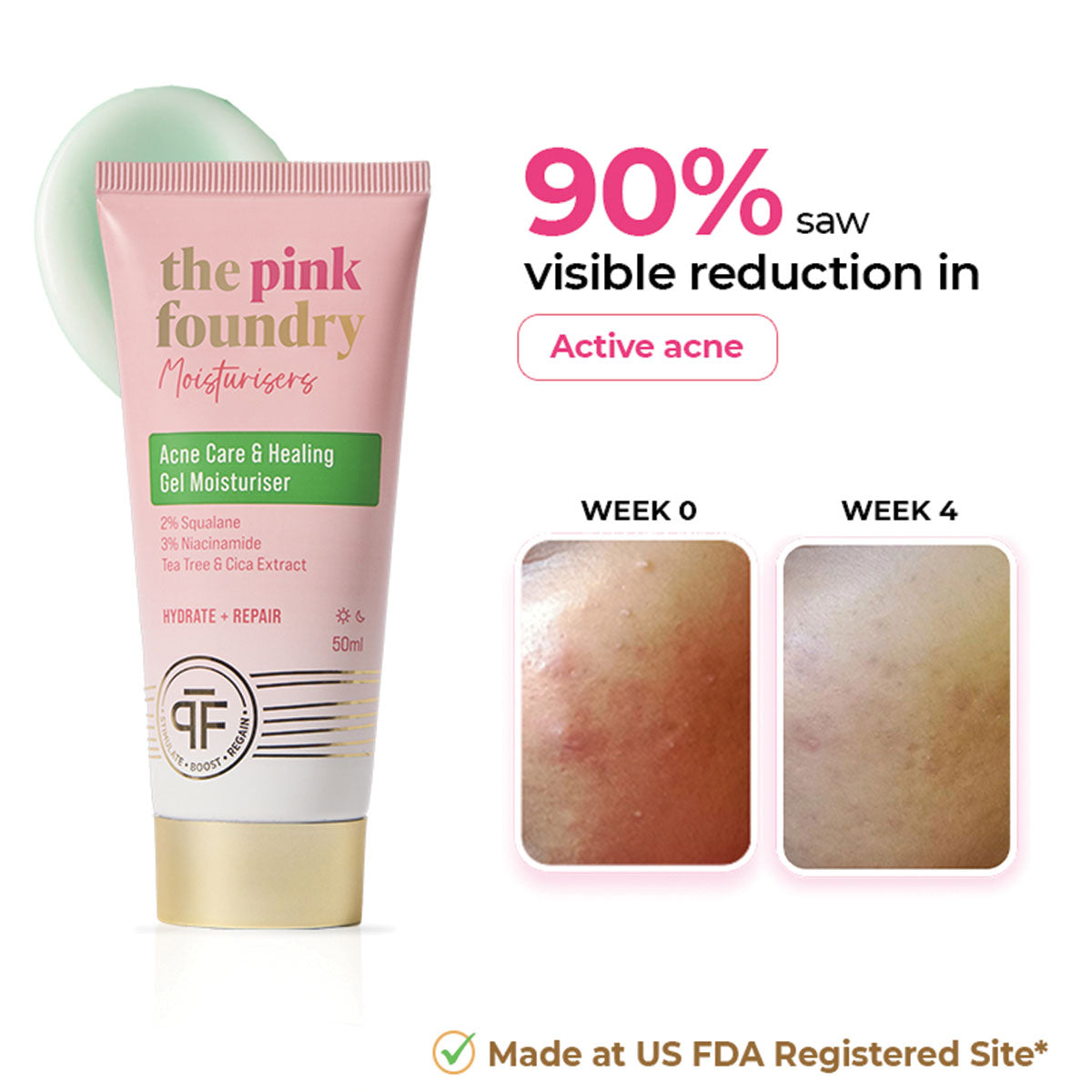
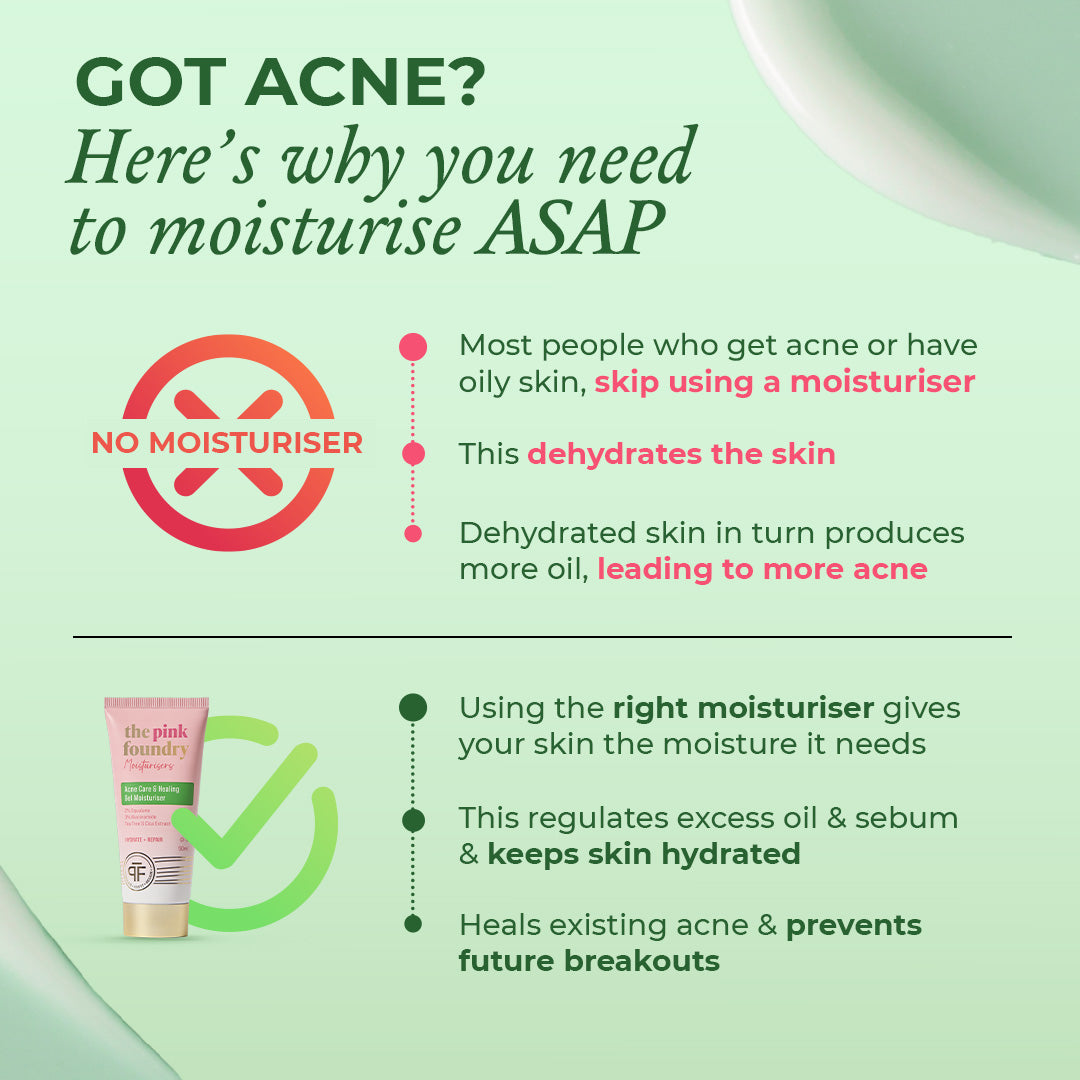










Leave a comment
This site is protected by hCaptcha and the hCaptcha Privacy Policy and Terms of Service apply.